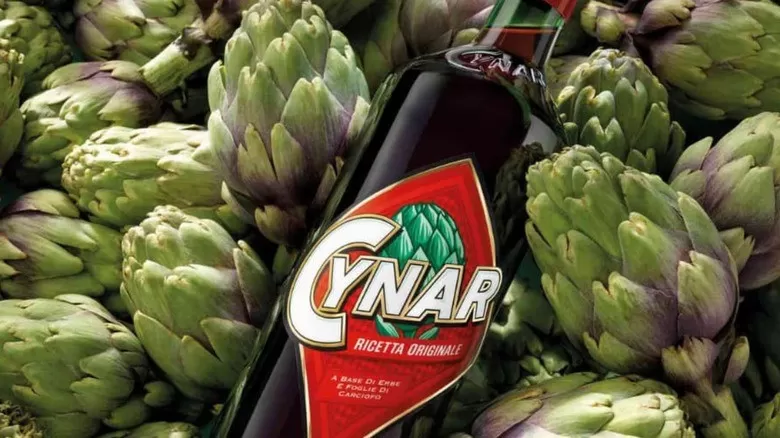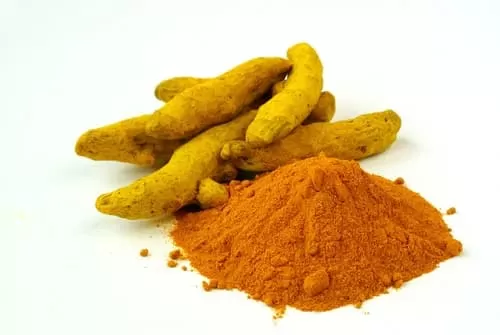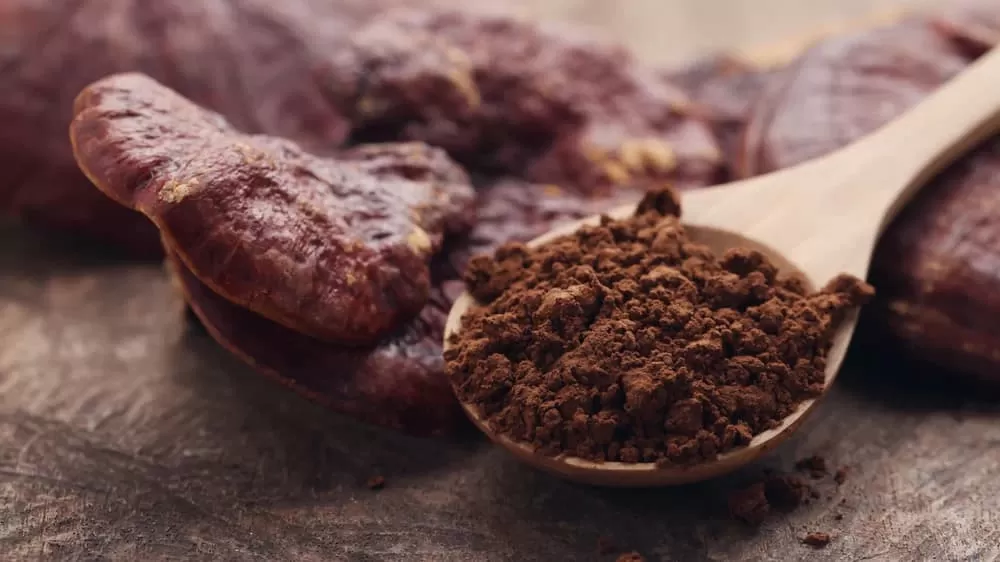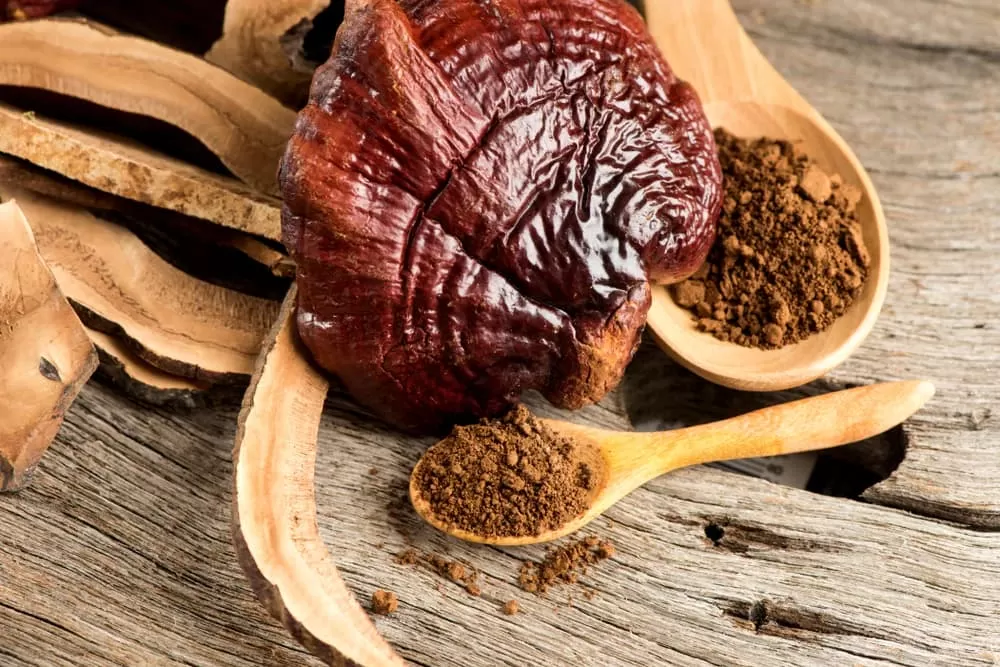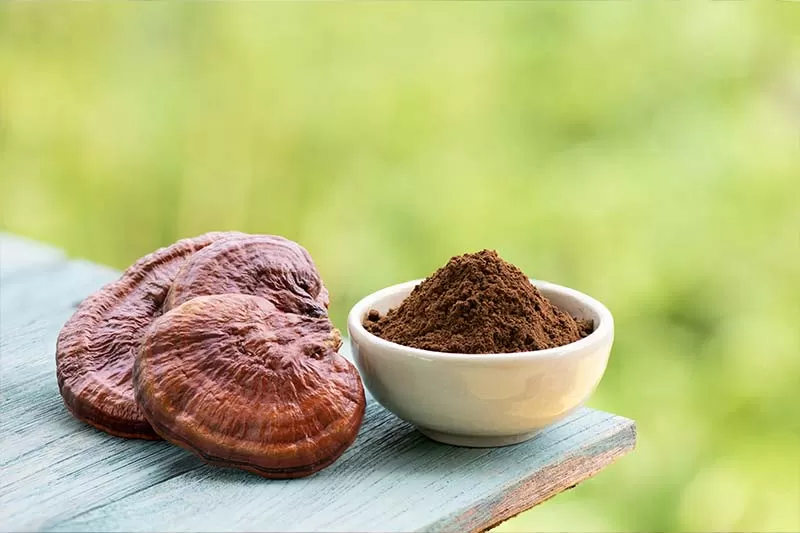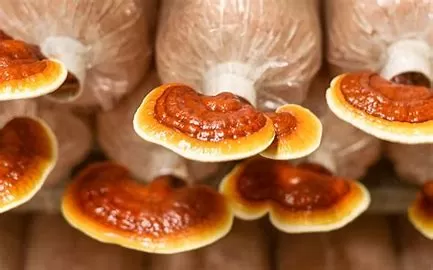We have five factories and 22 years of experience in plant extracts
- 0086-571-85302990
- sales@greenskybio.com
- Hesperidin
- Citrus Bioflavonoids
- Plant Extract
- lycopene
- Diosmin
- Grape seed extract
- Sea buckthorn Juice Powder
- Fruit Juice Powder
- Hops Extract
- Artichoke Extract
- Mushroom extract
- Astaxanthin
- Green Tea Extract
- Curcumin
- Horse Chestnut Extract
- Other Product
- Boswellia Serrata Extract
- Resveratrol
- Marigold Extract
- Grape Leaf Extract
- New Product
- Aminolevulinic acid
- Cranberry Extract
- Red Yeast Rice
- Red Wine Extract
Get a Quote





